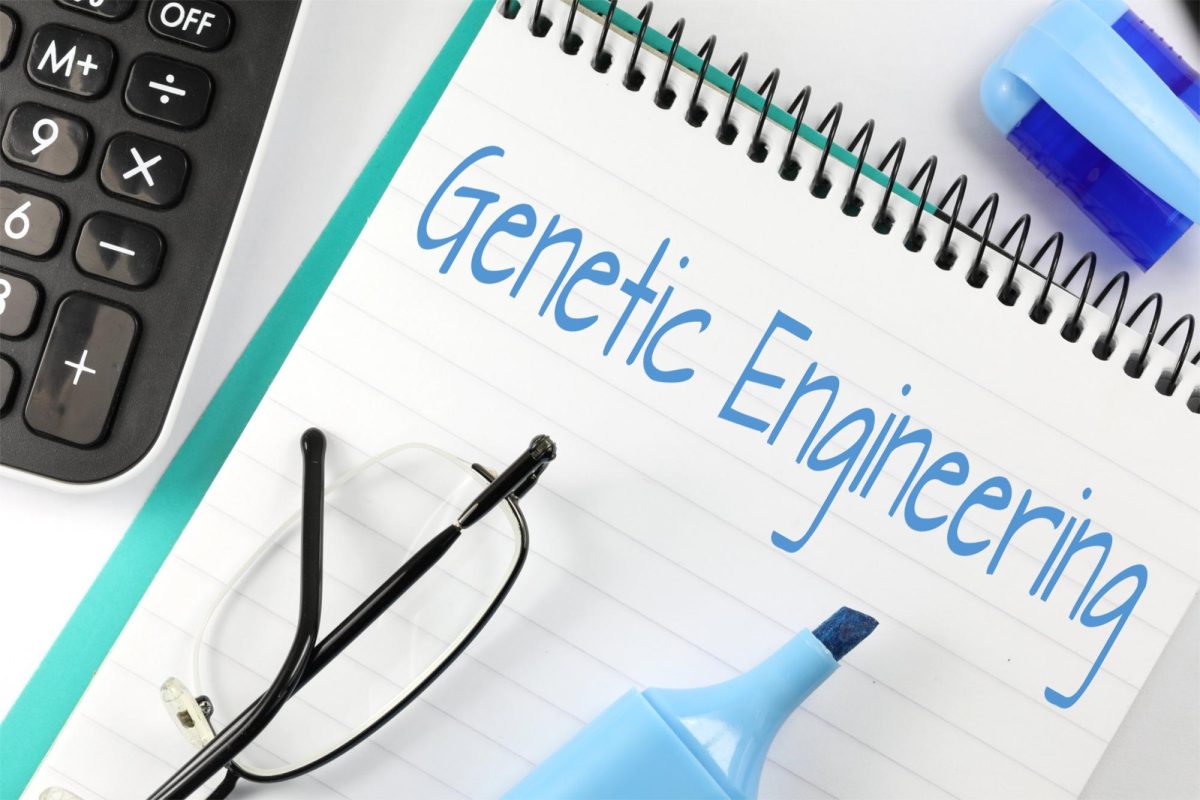In the realm of scientific advancement, few topics ignite as much controversy and debate as genetic engineering. From the potential to eradicate genetic diseases to concerns about ethical implications and unforeseen consequences, the prospect of manipulating the genetic code of living organisms raises profound questions about the boundaries of human knowledge and intervention. In this article, we explore the contentious issues surrounding genetic engineering and the divergent perspectives that shape this ongoing debate.
On one side of the debate are proponents of genetic engineering, who argue that advancements in genetic technology hold the promise of addressing pressing global challenges, from combating disease and hunger to mitigating the effects of climate change. By editing and modifying the genetic makeup of organisms, scientists envision a future where inherited diseases can be cured, crops can be engineered to withstand harsh environmental conditions, and endangered species can be saved from extinction. Proponents of genetic engineering argue that the benefits far outweigh the risks and that responsible use of this technology has the potential to improve the lives of millions of people and safeguard the health of the planet.
However, critics of genetic engineering raise a host of ethical, environmental, and safety concerns that cast doubt on the wisdom of tampering with the genetic code of living organisms. One of the primary concerns is the potential for unintended consequences and unforeseen side effects of genetic modification. Altering the genetic makeup of organisms, whether plants, animals, or humans, carries inherent risks, including the possibility of unintended mutations, ecological disruptions, and unforeseen health consequences. Critics argue that the long-term impacts of genetic engineering are poorly understood and that rushing to embrace this technology without fully comprehending its implications could have devastating consequences for the environment and human health.
Furthermore, genetic engineering raises profound ethical questions about the sanctity of life, the integrity of the natural world, and the potential for exploitation and inequality. Critics argue that genetic manipulation threatens to undermine the diversity and resilience of ecosystems, disrupt natural evolutionary processes, and exacerbate existing inequalities by privileging those who can afford access to genetic enhancements and treatments. Moreover, concerns about the commodification of life and the potential for misuse of genetic technology raise troubling questions about who should have the power to control and manipulate the genetic destiny of future generations.
The debate over genetic engineering is a complex and multifaceted one, encompassing scientific, ethical, and social considerations that defy easy resolution. While proponents of genetic engineering tout its potential to address pressing global challenges and improve human health and well-being, critics raise legitimate concerns about the ethical implications, environmental risks, and unforeseen consequences of tampering with the genetic code of living organisms. As scientists continue to push the boundaries of genetic technology, it is essential for society to engage in thoughtful and informed dialogue about the ethical and moral implications of genetic engineering, and to consider the long-term impacts on future generations and the health of the planet.













